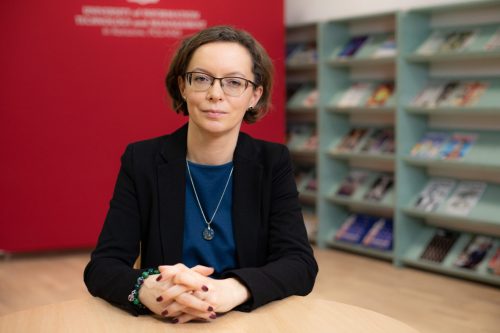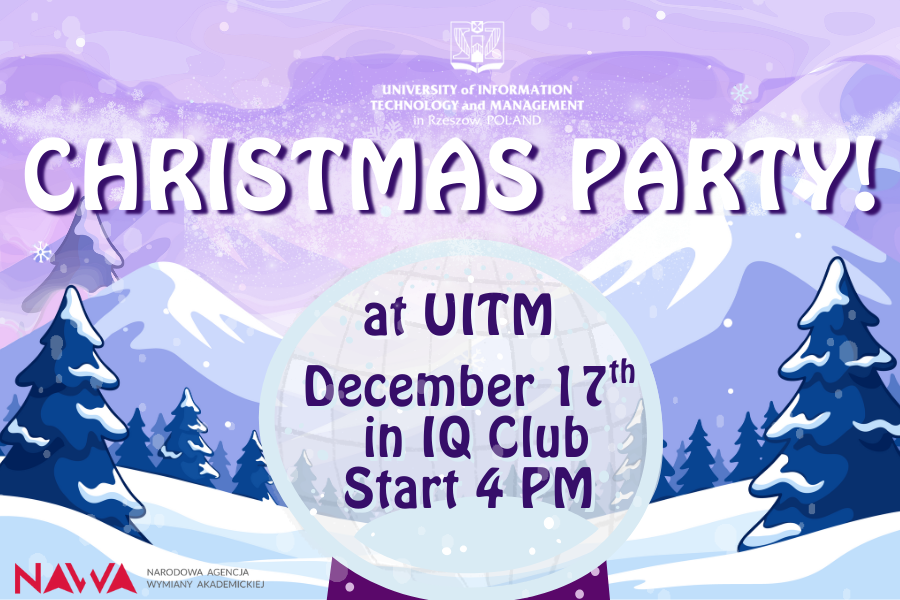Social Worker’s Day, celebrated annually in Poland on November 21, emphasizes the crucial role of social workers in supporting individuals facing life, financial, health, or psychological challenges. On this occasion, Dr. Monika Struck-Peregończyk, Vice Dean of the College of Media and Social Communication at UITM, shared insights into the profession, the social work programme, and the experiences of its students.
Social Worker’s Day was established in Poland by a resolution of the Ministry of Labor and Social Policy on October 29, 2008, to honor the significance of social workers in society.
Dr. Monika Struck-Peregończyk discussed the programme’s background and its unique international approach:
“The Social Work programme was launched 1.5 years ago during the summer semester as an English-taught programme. This decision was made in response to significant interest from prospective students. We recently concluded our fourth enrollment cycle, with the majority of students coming from abroad, including Zimbabwe, South Africa, India, Indonesia, and Armenia. So far, no Polish student has opted to study social work in English. Across four semesters, approximately 120 students are currently enrolled.”
The curriculum includes core subjects such as social work methodologies, client group-specific techniques, and collaboration with institutions, alongside elements of law, psychology, and management. The programme also explores topics like NGOs and volunteering, reflecting both Polish and global contexts.
Students participate in courses like:
- Social Policy
- Methodology of Social Work
- Interpersonal Training
- Mediation
- Social Work with Diverse Groups (e.g., children, families, people with disabilities)
- Developmental Psychology
- Sociology of the Family
Graduates are well-prepared for roles as social workers, a profession currently facing a critical shortage in Poland, Europe, and Western countries. There is growing demand for specialists to work with youth and marginalized groups in public institutions, NGOs, and international projects.
Dr. Struck-Peregończyk emphasized:
“Social work is more than a profession; it is about becoming a local leader and engaging in initiatives to combat marginalization. The international nature of our student body ensures exposure to diverse perspectives, preparing students to work in various countries, including across Europe.”
The programme also emphasizes practical experience, with students undertaking internships at institutions like the Municipal Social Welfare Center in Rzeszów and NGOs supporting youth. Many students are actively involved in volunteering, demonstrating a genuine commitment to helping others.
Some students collaborate with UNHCR, while others support local initiatives for the homeless through organizations like Zupełne Dobro. Others engage in international volunteer work with associations like INPRO, contributing actively to their activities.
“Although these students come from countries typically considered aid recipients rather than donors, they are eager to contribute in Poland. They also recognize the importance of such efforts in their home countries,” added Dr. Struck-Peregończyk.
Social Work is an ideal field for those seeking a rewarding and meaningful career. The English-language programme opens doors to international opportunities, allowing students to develop essential skills and collaborate across cultures.
On this special occasion, we extend our heartfelt wishes to all social workers for continued fulfillment, satisfaction, and success in their vital work.



